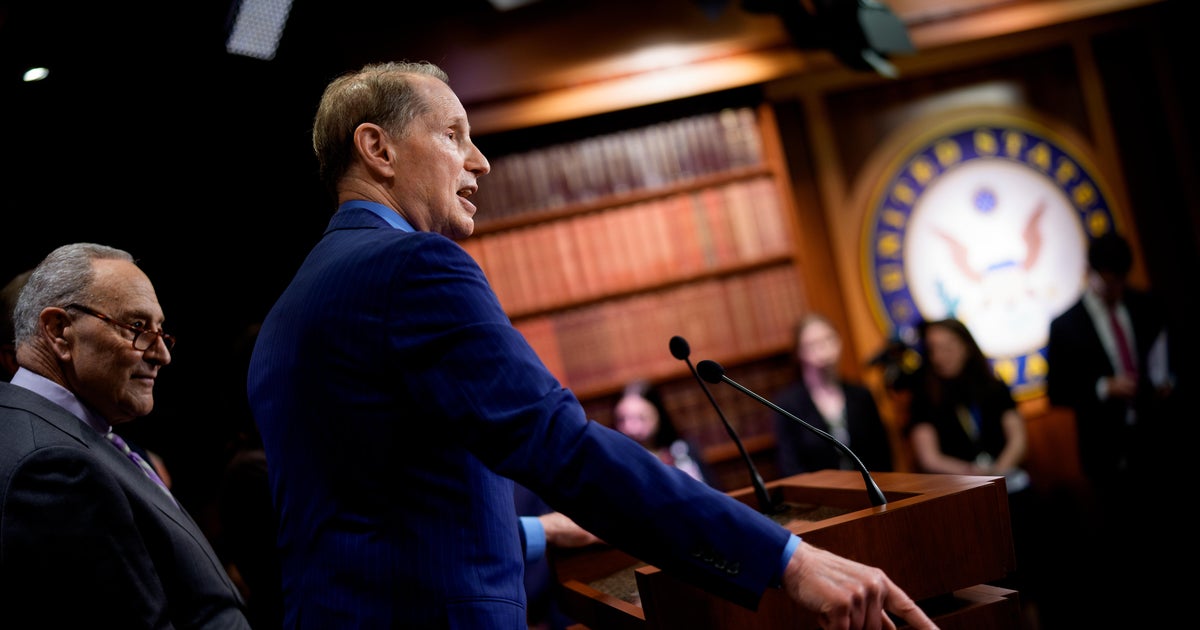In Washington D.C., a pivotal Senate vote underscored the broad economic tensions sparked by President Trump’s imposition of tariffs under the ‘Liberation Day’ banner, deepening anxieties about the possible disruptive effects on the U.S. economy. The measure to block these tariffs, rooted in a declared national emergency dated April 2nd, aimed to counteract what many see as an overreach in Presidential powers concerning trade. However, on Wednesday, it failed to pass.
In the Senate, the voting outcome was starkly partisan with a tally of 49 to 49. The resistance was marked by overwhelming Republican opposition, with nearly all GOP senators voting against the measure, showcasing allegiance to the White House and perhaps, individual party agendas. Notably, Senators Sheldon Whitehouse, a Democrat from Rhode Island, and Mitch McConnell, a top Republican from Kentucky, abstained from casting their votes. Whitehouse was absent due to his involvement in the Our Ocean summit overseas, where he emphasized America’s commitment to maritime and environmental issues despite the current administration’s divergent approach.
The Congressional attempt at intervention was spearheaded by Democratic Senator Ron Wyden of Oregon and his Republican colleague Rand Paul from Kentucky. Their collaboration underscored a bipartisan concern over the unchecked executive imposition of trade barriers. The legislative push intended to terminate the national emergency status that President Trump has utilized to unilaterally dictate these severe tariffs. Senators Susan Collins of Maine and Lisa Murkowski of Alaska were notable Republicans who joined Democrats in supporting the resolution, but their efforts fell short of the required majority for it to pass.
Despite the outcome, many saw the Senate’s vote as largely symbolic—the GOP-dominated House seemed unlikely to take up the matter, limiting any practical challenges to the president’s tariff regime. Prior to the Senate voting, Senator Wyden expounded on the essential stakes involved, highlighting the adverse impacts on small businesses and local economies that were stirring constituent worries back in senators’ home states.
These economic measures by President Trump, initially framed as a tactic to correct trade imbalances and strengthen domestic industries, began with a declaration of a 10% baseline tariff on almost all international trading partners, later exacerbating the tariffs on Chinese imports. This aggressive strategy briefly stoked economic uncertainty, evidenced by nervous reactions from the markets, prompting the administration to declare a 90-day pause—though maintaining the primary 10% levy.
Senator Rand Paul, on the Senate floor, voiced a poignant critique of the circumvention of Congressional approval in the execution of these tariffs. He emphasized that such significant fiscal policies should not be enacted without legislative debate and robust consideration by the people’s representatives. By not asserting its authority, Congress was tacitly complicit in allowing the executive branch to overextend its power, argued Paul.
Further stirring the political pot, a few days prior, the Senate had managed to pass another resolution blocking tariffs targeting Canada—a motion that witnessed a slightly more mixed partisan response, including support from McConnell.
The unfolding political narrative touched also on efforts within the administration to buttress its stance. U.S. Trade Representative Jamieson Greer and Vice President JD Vance reportedly reassured Republican senators behind closed doors about progress on trade negotiations meant to address the underlying issues prompting tariff impositions. Meanwhile, resistance from the House Republicans persisted with legislative maneuvers aimed at shielding these presidential tariffs from Congressional interference.
Echoing these developments, House Speaker Mike Johnson at an Axios event divulged his perspective, advocating a wait-and-see approach regarding the new tariff policies. He defended the executive’s broad authority on trade matters, suggesting that any congressional intervention would be premature.
Amid these political maneuvers, reports from the Commerce Department on Wednesday highlighted a slowdown in economic growth for the first quarter of the year—a development possibly linked to the market uncertainties fostered by ongoing tariff policies. Senate Majority Leader John Thune commented on the GDP report, stressing patience and a longer-term view on the potential benefits of the controversial tariffs.
The complexity of these issues, the mixed political reactions, and their severe implications underline a significant chapter in U.S. trade and economic policy under President Trump. The interplay between executive decisions, Congressional responses, and economic outcomes will undoubtedly remain a central theme in the unfolding narrative of America’s economic strategy on the global stage.









